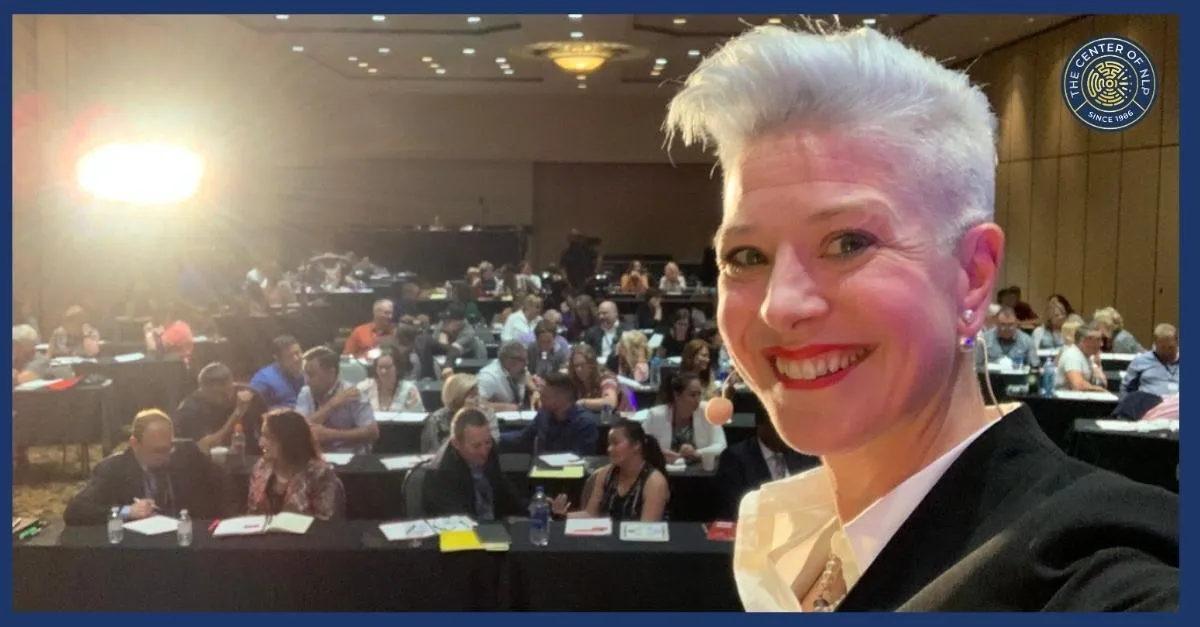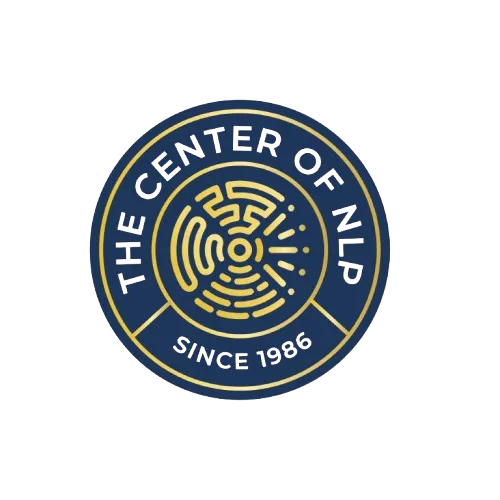
Exploring the Power of NLP in Overcoming Limiting Beliefs and Mindset
1. Introduction to Neuro-Linguistic Programming (NLP)
Neuro-Linguistic Programming, often called NLP, is a psychological approach that explores the relationship between language, neurology, and patterns of behavior learned through experience. It was developed in the 1970s by Richard Bandler and John Grinder, who sought to understand the strategies and techniques used by successful individuals in various fields. NLP aims to provide individuals practical tools to communicate effectively, change their mindset, and overcome self-imposed limitations.
2. Understanding Limiting Beliefs
Limiting beliefs are deeply ingrained thoughts or perceptions that hold individuals back from reaching their full potential. These beliefs are often formed based on past experiences, societal conditioning, or negative self-talk. Limiting beliefs can manifest in different areas of life, such as career, relationships, and personal development. They create a mental barrier that hinders growth and prevents individuals from seizing opportunities.
3. The Role of Language in Shaping Beliefs
Language plays a crucial role in shaping our beliefs and mindset. The words we use to describe our experiences influence how we perceive and interpret them. Negative and disempowering language can reinforce limiting beliefs, while positive and empowering speech can help reframe our thoughts and ideas. NLP techniques utilize language patterns to reprogram the mind and replace limiting beliefs with empowering ones.
4. Techniques of NLP for Overcoming Limiting Beliefs
4.1 Reframing
Reframing is a powerful technique used in Neuro-Linguistic Programming (NLP) to change the meaning and interpretation of a situation or belief. By looking at a situation from different perspectives, individuals can gain new insights and challenge their beliefs. Reframing helps individuals break free from negative thinking patterns and opens up new possibilities for growth.
4.2 Anchoring
Anchoring is a technique that associates a specific trigger, such as a gesture or word, with a desired emotional state or creative mindset. The anchor becomes associated with the desired shape through repeated conditioning, allowing individuals to access it whenever needed. Anchoring can be used to overcome limiting beliefs by linking empowering emotions to specific situations or challenges.
4.3 Visualizations
Visualizations involve creating vivid mental images of desired outcomes or goals. Individuals can reprogram their subconscious mind by regularly visualizing success and positive results to align with their aspirations. Visualizations tap into the power of the imagination and help individuals overcome self-doubt and limiting beliefs.
4.4 Submodalities
Submodalities refer to the finer details of sensory experiences, such as images, sounds, and feelings. Neuro-Linguistic Programming (NLP) utilizes submodalities to change how individuals represent specific experiences in their minds. By modifying the submodalities associated with limiting beliefs, individuals can transform their emotional responses and replace harmful patterns with positive ones.
5. NLP for Mindset Transformation
5.1 Changing Negative Self-Talk
Negative self-talk is a common manifestation of limiting beliefs. The inner dialogue we have with ourselves greatly influences our mindset and behavior. Neuro-Linguistic Programming (NLP) helps individuals identify and replace negative self-talk with positive affirmations and empowering language. By consciously monitoring and redirecting self-talk, individuals can cultivate a growth-oriented mindset.
5.2 Developing Empowering Beliefs
Beliefs shape our perception of reality and influence our actions. NLP techniques assist individuals in identifying and transforming disempowering thoughts into empowering ones. By challenging and reframing limiting beliefs, individuals can adopt new empowering ideas that support their personal and professional growth.
5.3 Goal Setting and Achievement
Neuro-Linguistic Programming (NLP) provides practical tools for setting and achieving goals. Through well-formed outcomes and chunking, individuals can define clear and compelling goals, break them down into manageable steps, and stay motivated throughout the journey. NLP techniques enhance focus, resilience, and goal attainment.
6. The Benefits of NLP in Personal Development
Neuro-Linguistic Programming (NLP) offers numerous benefits for personal development. By mastering NLP techniques, individuals can experience the following:
Increased self-awareness and self-confidence
Enhanced communication skills
Improved relationships and rapport building
Greater emotional intelligence
Enhanced problem-solving and decision-making abilities
Heightened creativity and resourcefulness
Improved resilience and adaptability
7. Applying NLP in Various Areas of Life
7.1 NLP in Business and Career
Neuro-Linguistic Programming (NLP) is widely applied in business to enhance leadership skills, sales effectiveness, and team collaboration. By understanding influential individuals' language and communication patterns, NLP techniques can be used to model their success and achieve similar results.
7.2 NLP in Relationships
NLP offers valuable insights and techniques for building and maintaining healthy relationships. By understanding different communication styles and effectively using language patterns, individuals can improve rapport, resolve conflicts, and create deeper connections with others.
7.3 NLP in Health and Well-being
NLP techniques can also be applied to improve health and well-being. By reprogramming the mind with positive beliefs and visualizations, individuals can overcome self-sabotaging behaviors, reduce stress, and enhance overall wellness.
Craft Your Success Story with Expert Neuro-Linguistic Programming Coaching!
Elevate your personal and professional life with the guidance of a skilled NLP coach, unlocking your full potential and achieving the results you desire.
8. NLP Techniques for Self-Mastery
8.1 Modeling Excellence
Modeling excellence involves studying and replicating the strategies and behaviors of successful individuals. Neuro-Linguistic Programming (NLP) practitioners identify the patterns of thinking and actions that lead to exceptional results and apply them to their lives. Modeling excellence accelerates personal growth and achievement.
8.2 Timeline Therapy
Timeline Therapy is an NLP technique that involves revisiting past experiences to release negative emotions and limiting beliefs associated with them. By neutralizing past traumas and reframing past experiences, individuals can free themselves from emotional baggage and create a more empowering future.
8.3 Parts Integration
Parts Integration is a technique to resolve internal conflicts and create inner alignment. Individuals can achieve inner harmony and unleash their full potential by acknowledging and integrating conflicting parts of the self.
9. Overcoming Challenges with NLP
While NLP provides powerful tools for personal transformation, it's essential to acknowledge that overcoming limiting beliefs and transforming one's mindset is an ongoing journey. It requires consistent practice, self-reflection, and a commitment to personal growth. Challenges may arise along the way, but with dedication and applying NLP techniques, individuals can overcome obstacles and achieve remarkable results.
To Sum Up!
Neuro-Linguistic Programming (NLP) offers a profound understanding of the mind, language, and behavior, enabling individuals to overcome limiting beliefs and transform their mindset. Individuals can reprogram their subconscious minds and unlock their true potential by utilizing techniques such as reframing, anchoring, visualizations, and submodalities. NLP empowers individuals to develop empowering beliefs, change negative self-talk, set and achieve goals, and enhance personal growth in various areas of life. Embracing NLP opens up possibilities and enables individuals to create the desired life.
5 Unique FAQs
Q1. Is NLP suitable for everyone?
A1. Yes, Neuro-Linguistic Programming (NLP) can benefit individuals from all walks of life. Whether seeking personal development, improved relationships, or professional growth, NLP techniques can be tailored to suit your specific needs and goals.
Q2. Can NLP help me overcome deep-seated traumas?
A2. Yes, NLP techniques like Timeline Therapy can effectively release negative emotions and limit beliefs associated with past traumas. However, seeking professional guidance when dealing with deep-seated traumas is important.
Q3. How long does it take to see results with NLP?
A3. The timeframe for experiencing results with NLP varies for each individual. It depends on factors such as the complexity of the issue, consistency of practice, and individual readiness for change. With dedication and regular application of NLP techniques, positive changes can be observed relatively quickly.
Q4. Can NLP be learned and practiced independently?
A4. Yes, Neuro-Linguistic Programming (NLP) can be learned and practiced independently. Numerous resources, including books, courses, and online materials, can guide individuals in understanding and applying NLP techniques. However, working with a certified NLP practitioner can provide personalized guidance and support.
Q5. Are there any potential side effects of practicing NLP?
A5. NLP techniques are generally safe and do not have significant side effects. However, it's important to practice Neuro-Linguistic Programming (NLP) responsibly and ensure you're in a safe and supportive environment. If you have any concerns or underlying mental health conditions, it's advisable to consult with a qualified professional before practicing NLP techniques.
Check Out For more:

